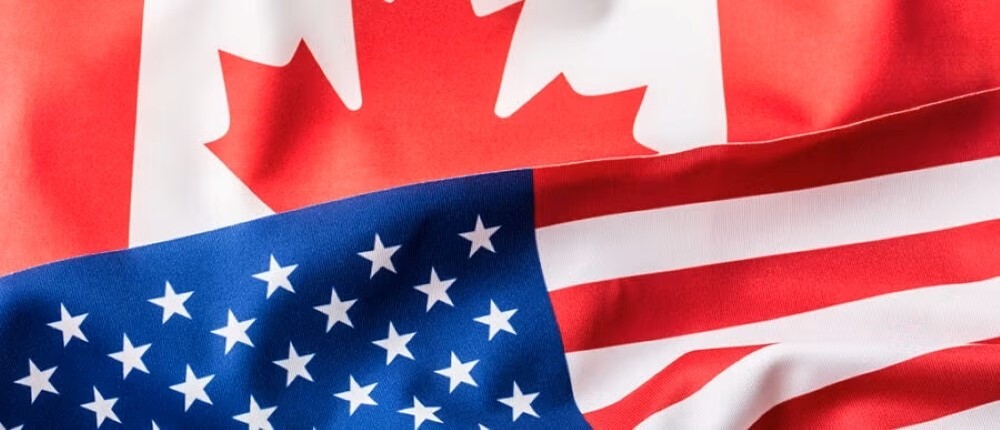

Canada and the US have been engaging in a tariff war for the past six months, and despite reports of "intense" negotiations in recent weeks, a comprehensive trade agreement has yet to be reached. A potential US-Canada trade agreement may still take several weeks to materialise, according to Ottawa's chief negotiator as of July 31, 2025.

This statement followed Trump's decision to raise tariffs on Canadian imports from 25 per cent to 35 per cent for all goods not covered under the US-Mexico-Canada Agreement, despite his earlier August 1 deadline for reaching a deal.
Canadian Trade Minister Dominic LeBlanc held an extended meeting with the US Commerce Secretary, Howard Lutnick, on Tuesday evening upon arriving in Washington, followed by discussions with other senior White House officials. However, these efforts did not deter Trump from increasing tariffs on Canadian goods to 35 per cent from 25 per cent on Thursday, following the failure to secure a trade agreement.
Canada's Prime Minister, Mark Carney, emphasised the need for negotiations to recalibrate the US-Canada relations, stating that Trump's tariffs have disrupted longstanding trade and security partnerships. However, the discussions have yielded limited progress to date.
While more than 90 per cent of Canadian exports enter the US territory duty-free, the newly imposed tariffs target key industries including aluminium, steel and automotive, posing significant challenges to these critical sectors.
Owing to this, Dominic LeBlanc, in charge of the US trade relations, stated, "At the end of business yesterday, that agreement was not yet in sight ... there remain sectors the Americans are targeting which are essential for the Canadian economy. Over the coming weeks, we will ... continue talks with the Americans in an attempt to find a deal that would put us in a better position."
Separately, LeBlanc informed reporters in Washington that he plans to speak with the US Commerce Secretary Howard Lutnick next week and aims to hold an in-person meeting in August 2025.
On the other hand, the White House attributed its actions to Canada's alleged failure to curb fentanyl smuggling and adequately address the US concerns regarding existing trade barriers. Washington has also expressed dissatisfaction with Canada's decision to maintain its retaliatory measures, initially implemented under former Prime Minister Justin Trudeau. Trudeau resigned in March and was succeeded by Mark Carney, who secured an April election victory on a platform of standing firm against President Trump.
In June, Carney warned that Canada would escalate counter-tariffs in July if meaningful progress on the trade deal were not achieved. However, his statement on Friday did not refer to any retaliatory measures. Brian Clow, who previously oversaw the US relations in Trudeau's office, pointed out that Trump has historically secured agreements with countries that opted not to implement counter-tariffs.
Carney's stance on confronting Trump highlights internal divisions between those favouring a challenging negotiating position and others concerned about the potential economic fallout. Goldy Hyder, President of the Business Council of Canada, acknowledged Canada's challenges at the negotiation table and called for a revised strategic approach.
Also read: Tariff tensions in focus: US–Canada aluminium ties ahead of August 1
Responses








